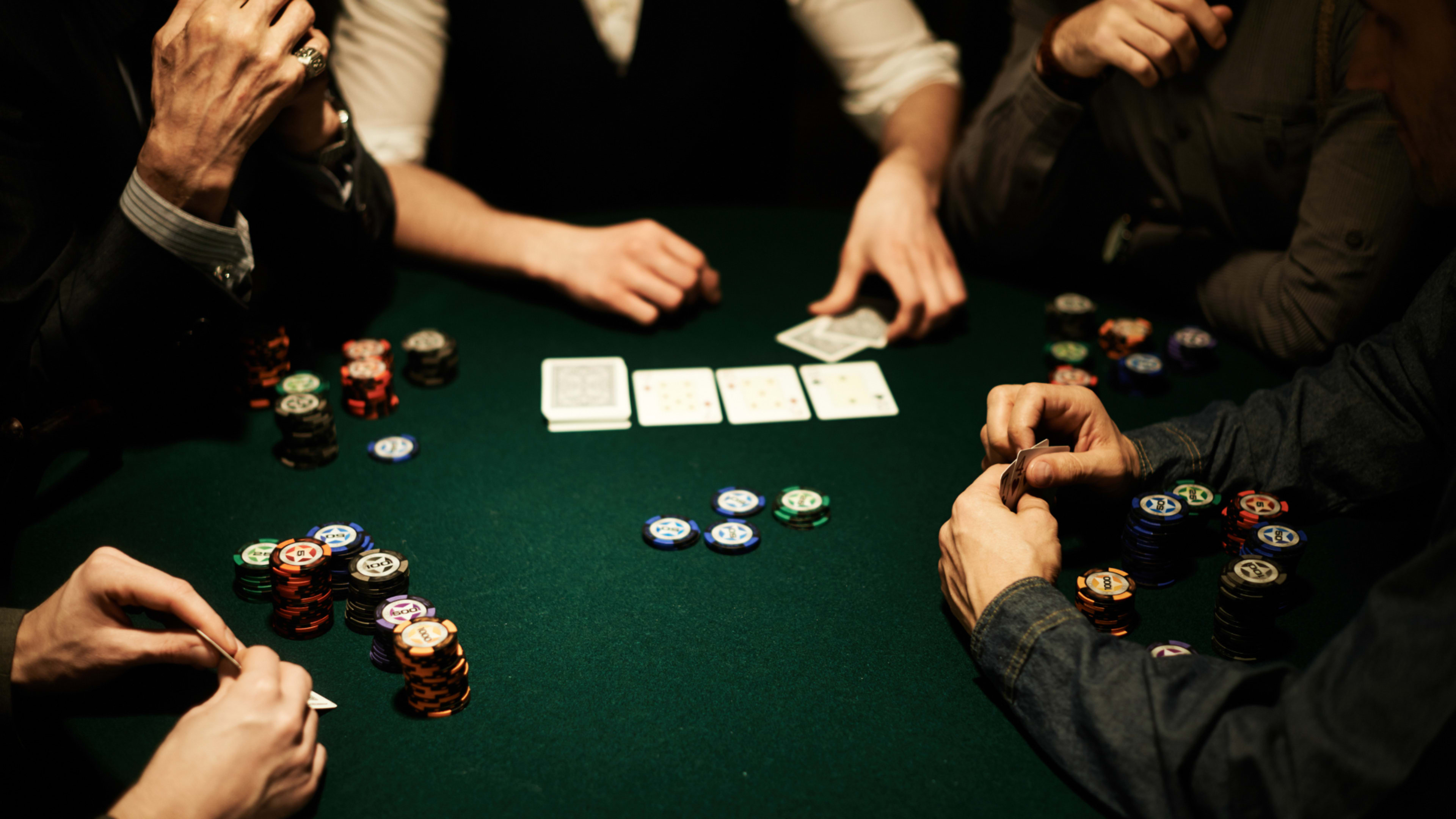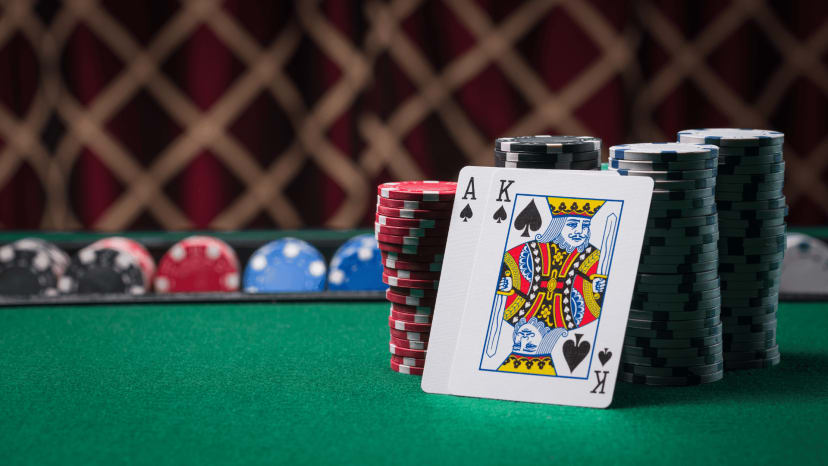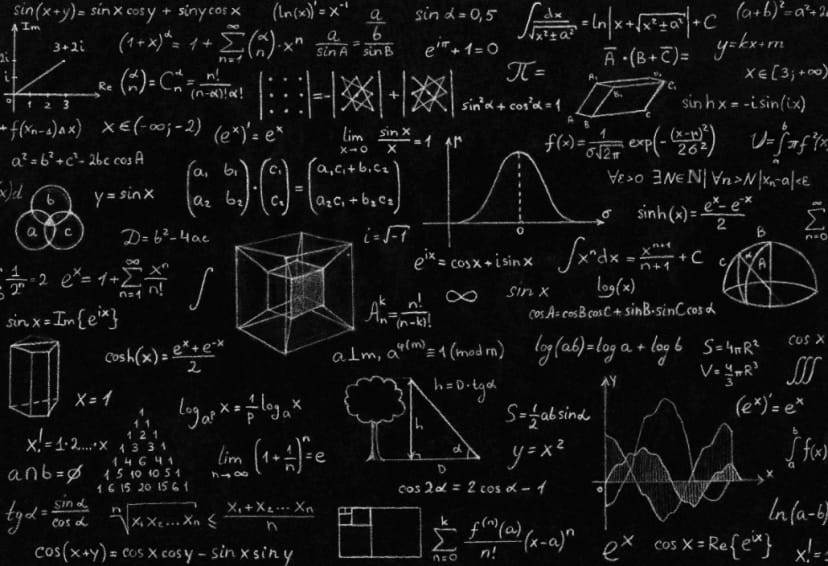Poker Table Positions Explained

Poker is a casino card game that requires players to have skill, strategy, and a little bit of luck. Understanding table positions is a key component to winning at poker, helping you make better decisions, maximize profits, and avoid losses when playing online or live in Canada.
Different table positions in poker call for different strategies. Every Canadian player should consider their hand strength in relation to their table position. This article will focus on understanding poker table positions and how they impact your gameplay.
Early Positions: Navigating the Blinds
The early positions at a poker game table are the first few seats to the dealer's left. In poker, Early Positions (EP) generally refer to the first three players after the dealer, including the Small Blind, Big Blind, and the player immediately to the Big Blind's left. This last player is often called 'Under the Gun' (UTG).
Players in these positions are at a disadvantage because they must act first in each betting round. This means they have to decide based solely on their cards, without any information about what their opponents will do.
However, Canadian players can still use their early positions to their advantage. Here are a couple of ways:
- Play aggressively. This means calling or raising if someone tries to steal your blinds, or even bluffing if you don't have a strong starting hand.
- Play selectively. Stick to premium hands like high pairs (AA, KK, QQ), AK, AQ, or other hands considered very strong. This strategy helps avoid unnecessary losses and win pots when you're dealt a great starting hand.
Middle Positions
The middle poker positions on the table refer to players who act after those in the early positions, but before those in the late positions.
- Players in the middle positions have a slight advantage over those in the early positions, as they don’t have to play first. Still, middle positions can be tricky, as they have to play before the players in the latter positions.
- One of the key tricks for playing middle positions in poker is to play a wider range of hands than those in the early positions. Of course, all hands have to be tailored to the player’s cards from early positions.
There is a very successful strategy that can be implemented by players in the middle positions. If they have a strong hand and the early positions already placed a bet, they may re-raise, in order to force blinds to fold and steal the pot.
If a player is in the middle position, he should be very careful with aggressive late-position players and wait for stronger hands, otherwise, fold.
Late Positions
The late positions in poker are the best ones for a player to be in. These positions are the Cutoff and the Button, which are the last two positions to act in a hand. The Button is considered the most favorable position in poker, as the player in this act lasts in every betting round, giving them a significant advantage over the others.
- Playing from the late positions has the advantage of seeing how other players act and making better decisions about whether to bet, raise or fold.
- Another benefit of playing from a late position is that the pot size can be easily controlled. If no one has raised, depending on his hand, the player may decide to bet small to increase the pot or bet big, in order to bluff his opponents.
Playing from the late positions can be beneficial for a variety of poker hands that can be played as well. Both the cutoff and button can play hands, considered weaker, depending on how opponents played, and also what the pot size is.
In Summary
Understanding the poker table positions is essential to becoming a good player. All positions have a set of benefits and drawbacks, so knowing how to play from each can be a huge advantage over bettors who are not that familiar with gameplay.
Each position in poker is very different and has to be played differently, but they have a lot of things in common, which revert to having a good poker betting strategy. So, bettors should not only be familiar with poker positions, but also be well-prepared with their own game flow.
With practice, players can learn how to read their opponent's actions and make the best decisions from any position.
FAQ
Why is position important in poker?
In poker, your position at the table significantly impacts your strategy. Acting later in a round gives you more information about your opponents' actions, allowing for more informed decisions. Players in late positions have a considerable advantage, as they get to see how others bet before making their own moves.
What is the worst position in poker?
The small blind is often considered the least favourable position in poker. You're forced to put in half the minimum bet before seeing your cards, and you're one of the first to act after the flop, turn, and river, putting you at a disadvantage.
What is a late position in poker?
Late position refers to the positions of the "Cutoff" and the "Button" (dealer). These players act last in most betting rounds, giving them the advantage of observing other players' actions before making their own decisions. This allows for more strategic play and potentially larger pots.
What is the early position in poker?
Early position in poker includes the first few players to act after the blinds. Typically, this refers to the Small Blind (SB), Big Blind (BB), and Under the Gun (UTG) positions. These players have the least information available to them when making their initial decisions.
What is a middle position in poker?
Middle position players act after the early positions but before the late positions. This provides them with some information about the early players' hands, but they must still be cautious of the players yet to act. It's a balancing act between aggression and caution.
What are the best positions in poker?
The most advantageous positions in poker are the cutoff and the button (dealer). Acting last allows you to gather more information about your opponents' hands and tendencies, giving you a significant edge in making informed decisions. Remember to always gamble responsibly and within your means.


















